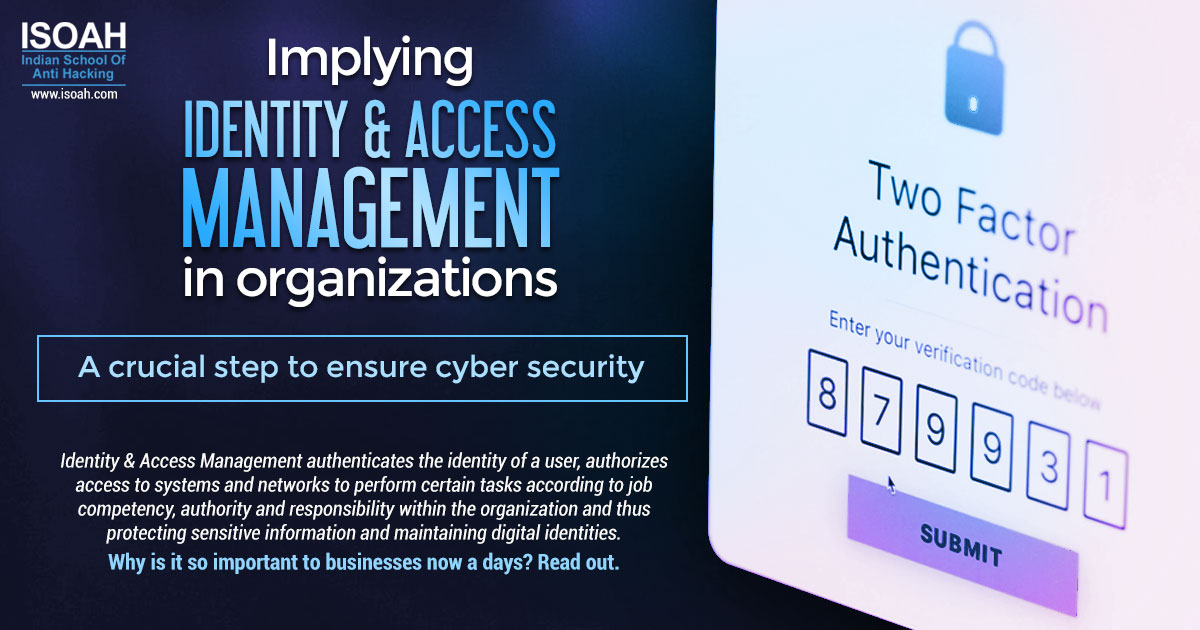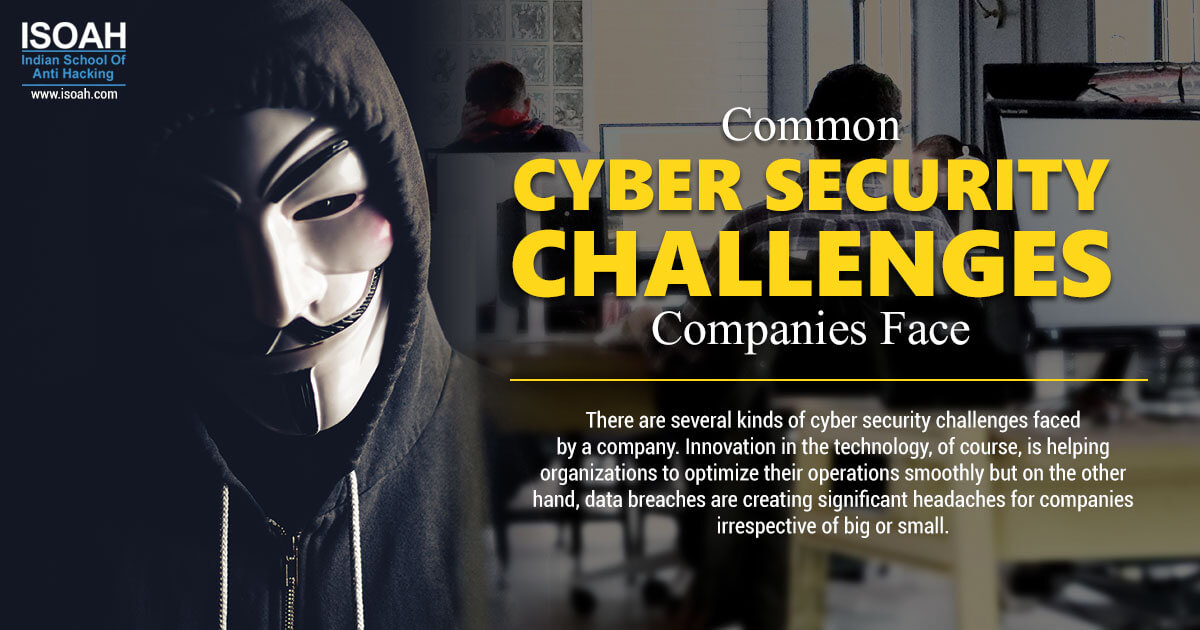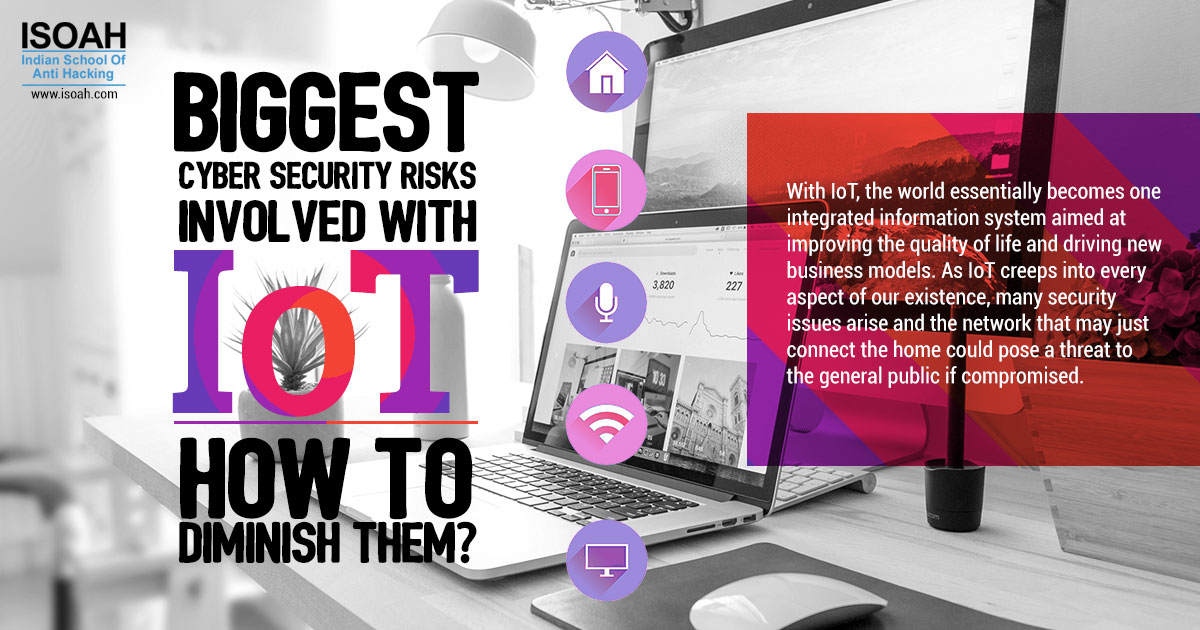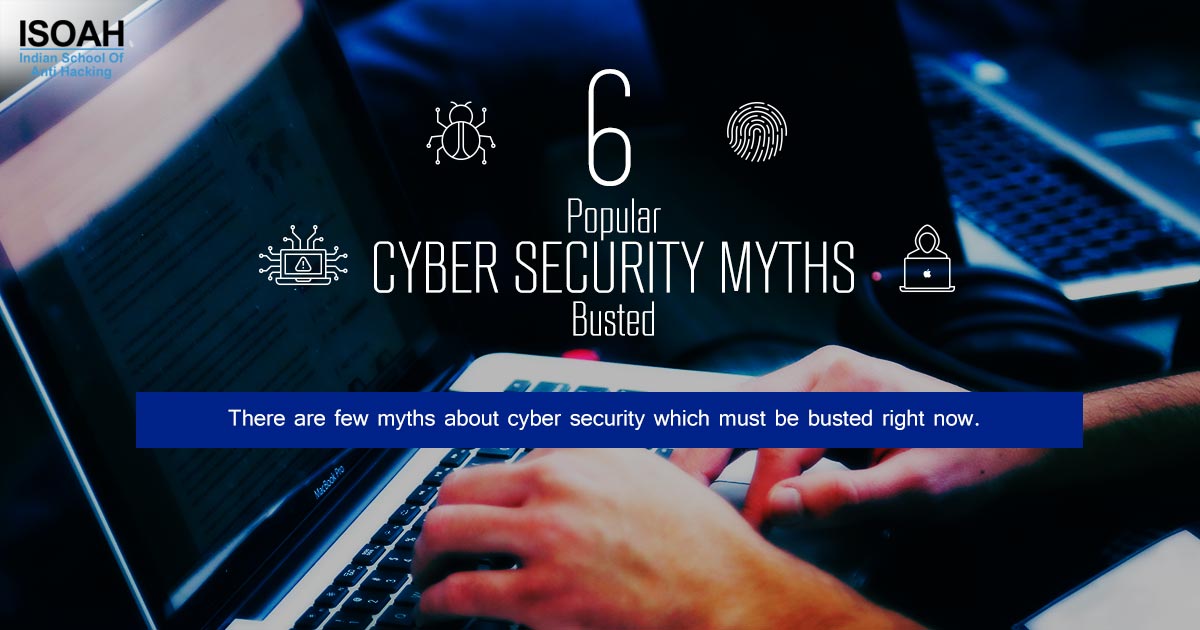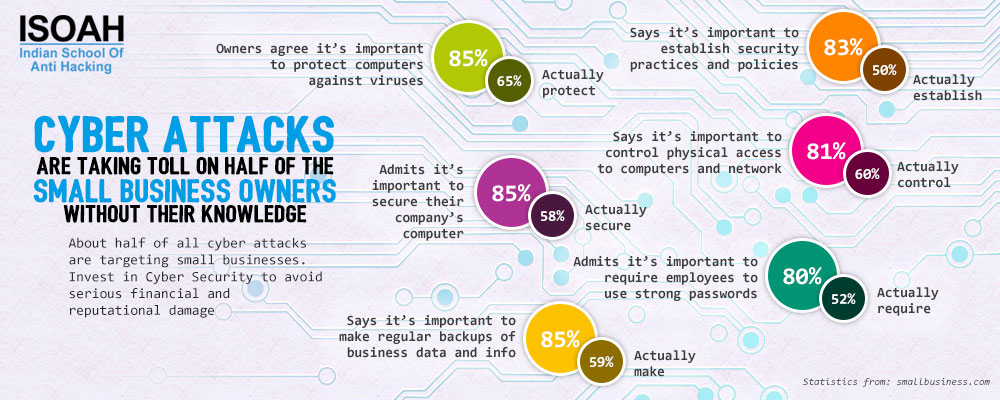Survival tips for a cyber security startup and how to step up to the ladder of success
Article: Cyber Security
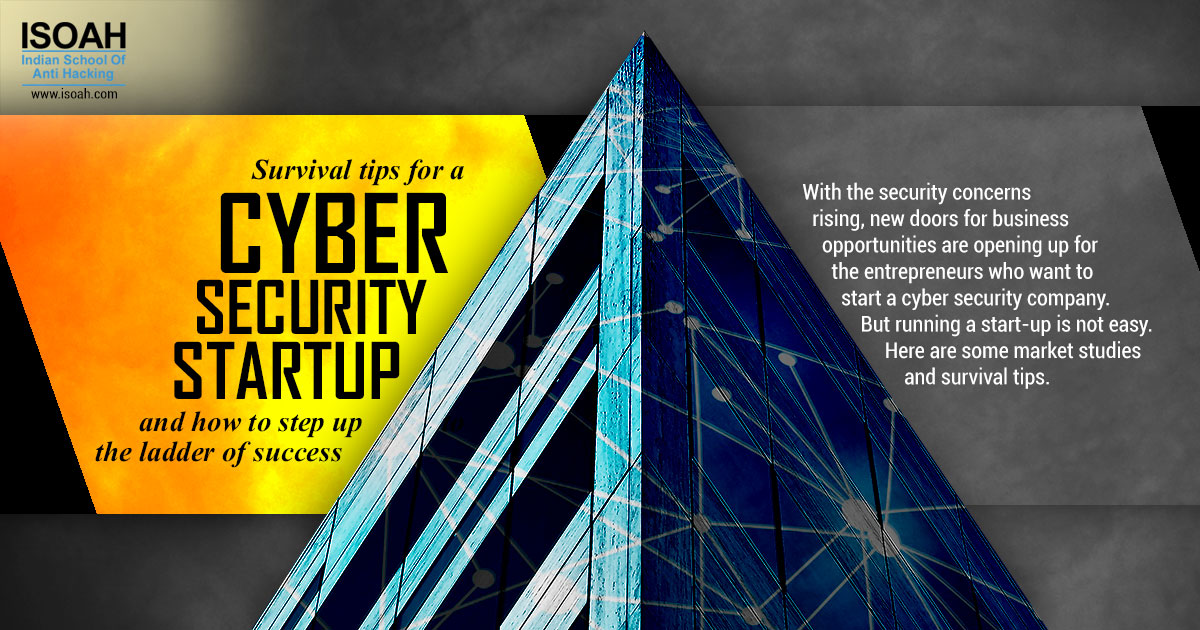
If you are dreaming of establishing your own cyber security start-up, then your chances of success are high.
The reason we say so because the cyber security market is estimated to grow to 231.94 Billion USD by 2022 at a Compound Annual Growth Rate (CAGR) of 11.0%. What might be the reason for this rapid growth?
In the digital era, companies are inclining more into web and cloud-based business application, IoT, BYOD trends and so dependency on cyber security is increasing. Strict data protection directives like GDPR that involves a huge financial fine or sophisticated cyber threats are making the companies worried about their privacy. More and more business organizations are looking forward to safeguarding their data, and interests from theft, tampering and other crimes. With the security concerns rising, new doors for business opportunities are opening up for the entrepreneurs who want to start a security company.
But running a start-up is not easy. It is full of challenges with many mistakes made along the way. Lack of proper market research or the ability to articulate their solution well to the right people or investing in a saturated market might be the reasons for failure.
Here, we would discuss how a cyber security start-up can survive and flourish if they have proper strategies in place.
1. Research well before jumping into the business:
Most of the start-ups fail because they ignore some basics. Research reveals that one of the most common reasons for the failure is the lack of demand for their product in the market. Many companies enter the market without doing any research on what are the security needs of the people. Having an insight of the security industry is a must before entering into the business. Understanding the demand will help you in deciding on which specific services are more useful for your target customers. Try to gather all the details of the industry, business, and market before investing.
2. Decide on the category of service:
After the initial research is done, you have a clear picture of what the market demands. Pick a category of services that your company will provide to the clients. Instead of offering a gamut of services, try to sell those services you are expert and specialized in. It enhances the credibility of a company. Now organizations are concerned about data theft and they want to safeguard confidential information by any means. If you have experts to deal with cyber security issues then offer them the service. If a company wants to conduct an audit of their network, server or data center and you have skilled penetration testers, you can help them by finding vulnerabilities and suggesting the cure for the same.
3. Get innovative with services and pitches:
Spare enough time to understand the problem and then offer your services. Among the many challenges, start-ups find it most difficult to try and disrupt the hottest markets with limited resource. According to the experts, the key to success for start-ups in cyber security is delivering innovation to solve critical problems rather than retreading old problems. Conceiving a good idea is only the first step, but how you are going to execute it will make all the difference. Get yourself updated with the new rules and regulations that are coming and the present market trends so that you can offer them something different than others. We cannot deny the fact that Artificial Intelligence and machine learning is getting a lot of attention right now. Companies are also interested in GDPR compliance, risk analytics, risk managements etc. Such services will definitely attract more customers.
4. Channelize your resources on your core business:
Andy Ellis, the Chief Security Officer of Akamai Technologies advises startups to focus on a single area and channelize all available resources in that direction. Every piece of tech a startup builds should be monetized. Every service you provide should bring money directly or indirectly. A cyber security company that helps clients in VAPT (Vulnerability Assessment & Penetration Testing) can also conduct corporate training for some employees referred by the company on the same so that they become aware of the basic mistakes that might lead to the grave to consequences. The whole process is aimed at ensuring cyber security. Tight competition and tough customers mean the margins for a go-to-market edge are very thin.
5. Go for strategic collaboration and spread awareness:
Strategic alliances and partnerships have been lucrative for the cyber security industry. Mimecast Limited, an international company specializing in cloud-based email management, security, archiving and continuity services to prevent phishing, hacking, spamming and other security breaches announced a partnership with Kraft Group and professional American football league, the New England Patriots for making Mimecast their email resilience solution provider in 2017. This multi-year partnership was aimed at comprehensive email security, archiving and business continuity including joint market promotions and advertising. Industries such as military, entertainment, aerospace have leveled up their security parameters to prevent hackers from making a breakthrough via their loopholes.
Hackers often employ advanced threat techniques that are designed to gain intelligence or financial gain or some other nasty goals that may affect the business severely. Many companies are hesitant to invest in awareness training. Whereas, through internal security awareness training employees can identify threat attempts and prevent the loss. The key aim of the alliance can be to create a self-sustaining pipeline of talent for those who need.
Final Thought:
Winning the trust of your customers is most important for any business. The best advice for a startup is to know the market, focus on your USP and engage with the market from day zero. So, if you are dreaming of a startup, think beyond funding and do your groundwork well to achieve long-term success. Identify your market, speak to your potential customers, build a strong team, evaluate your competitors, strategize your idea from conceiving it to execute it, remain flexible and open to feedback and you are good to go. Cyber security startups face a lot of challenges but with the rapid pace of sophisticated cyber attacks and complex disruption, the opportunity to flourish is very much there.

